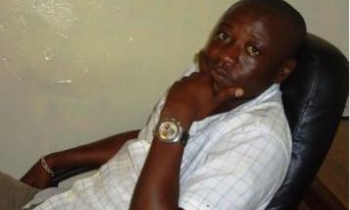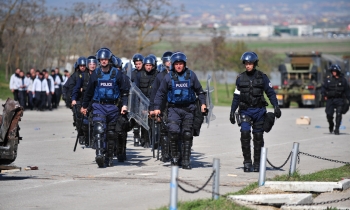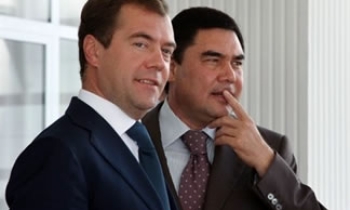NEW YORK -- The United Nations is proposing a voluntary code of ethics for journalists that would ban interviews with terrorists and discourage press and broadcast reports that generate sympathy for terrorist causes.
The code would be part of a U.N. global strategy against terrorism, which member nations began debating in the General Assembly yesterday.
Secretary-General Kofi Annan earlier circulated a 32-page report outlining proposals to be covered in closed-door sessions.
The report breaks ground in emphasizing the role that the "media" can play in curtailing terrorism by "countering the hypernationalistic and xenophobic messages that glorify mass murder and martyrdom."
It suggests that interviews with terrorists be banned and scrutiny be given to Web sites used by terrorist organizations that recruit, raise funds and sympathize with their views.
"These recommendations stem from a fundamental conviction which we all share: that terrorism in all its forms and manifestations, committed by whomever, wherever and for whatever purposes, is unacceptable and can never be justified," Mr. Annan said.
Some journalist groups said that they were uncomfortable with the United Nations becoming a global monitor of press behavior, and several nations expressed similar reservations during yesterday's session.
The Brussels-based Independent Federation of Journalists wrote a letter to Mr. Annan warning that the effort "could open the door to interference in the work of media."
Canada's delegation said, "We agree that the prohibition of incitement must not be misused to limit freedom of expression."
Other recommendations to fight terrorism include:
Swift and comprehensive planning against biological weapons, which soon will be widely available in labs around the world.
Sharing information, intelligence and ideas among states, and seeking the assistance of two dozen U.N. agencies.
Of the two dozen nations that had representatives speak at yesterday's meetings, most seemed to agree with the need to draft a comprehensive counterterrorism strategy.
Alejandro Wolff, deputy U.S. ambassador to the United Nations, stressed the central role of the U.N. Security Council in counterterrorism efforts, but noted there is a role for specialized U.N. agencies in areas such as education.
He also pointed out that divisive issues should be avoided.
"A U.N. [General Assembly] strategy, therefore, should steer clear of well-known politically charged issues on which there is no agreement in this body, such as the definitions of terrorism or the so-called 'root causes' of terrorism."
Pakistan criticized the report, saying it "shies away" from addressing the causes of terrorism, such as poverty and discrimination.
The General Assembly debate is to continue next week.
The report does not attempt to define terrorism, an issue that has divided Muslim and Western nations.









